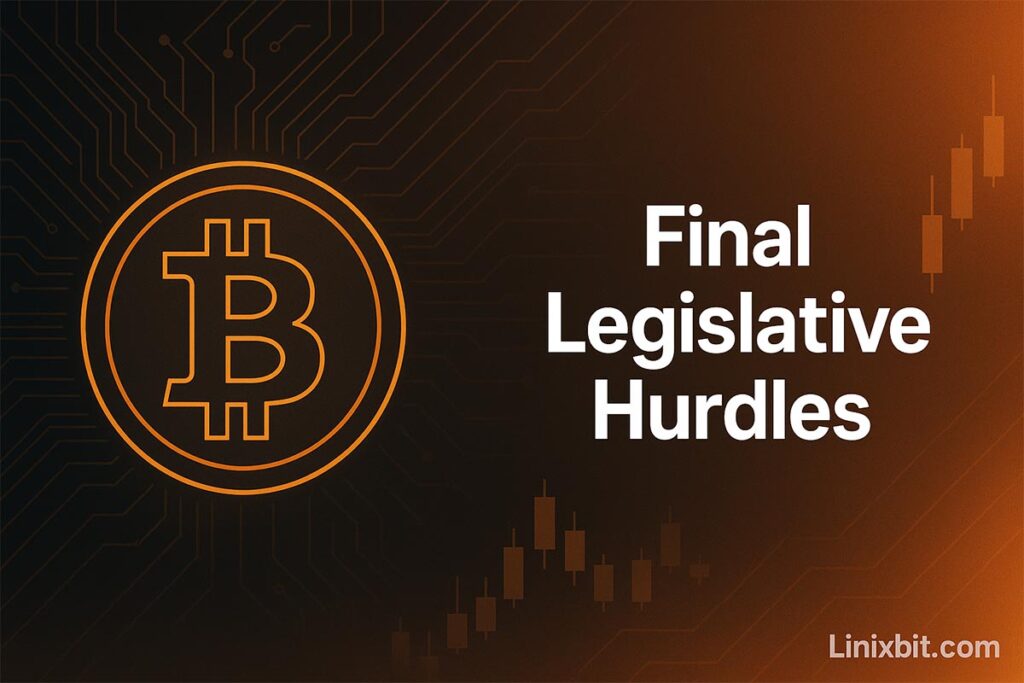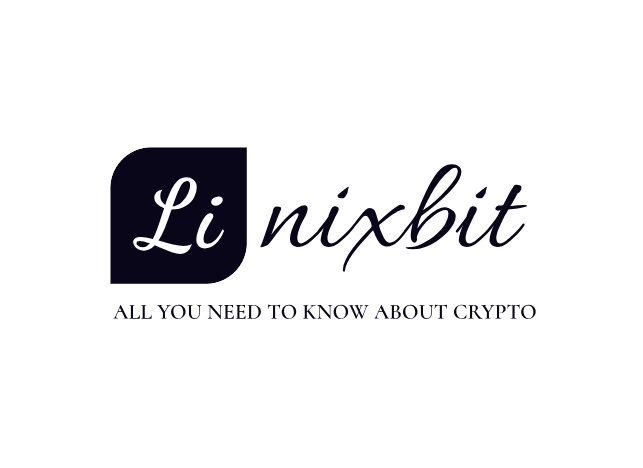The Texas House of Representatives moved forward Senate Bill 21 to create a state-operated Bitcoin reserve after passing it with a 105-23 vote during its second reading. The bill progressed to a third reading due to strong bipartisan support, which propels Texas towards becoming the second state to implement a Texas Bitcoin Reserve after New Hampshire, while demonstrating the state’s strategic investment in digital assets.
During Tuesday’s session, Representative Linda Garcia successfully proposed an amendment to the state crypto bill that extended the market capitalization period for eligible cryptocurrencies to 24 months from 12 and implemented a $500 billion threshold. House sponsor Giovanni Capriglione presented the bill as a “forward-thinking measure” that positions digital assets as strategic tools to strengthen the state’s financial stability instead of a temporary trend.
Landmark Texas Crypto Bill: Key Details and Amendments Emerge
The Texas Strategic Bitcoin Reserve and Investment Act, which appears as Senate Bill 21, establishes guidelines for the state comptroller to oversee cryptocurrency assets for the Texas Bitcoin Reserve. The bill proposes using Bitcoin and additional eligible cryptocurrencies as protective measures against inflation and economic fluctuations to enhance the state’s financial stability and future security.
🇺🇸 JUST IN: TEXAS Strategic Bitcoin Reserve bill passes House second reading.
— Bitcoin Laws (@Bitcoin_Laws) May 20, 2025
SB 21 passed by a vote of 105 – 23
The bill now progresses to a third reading a final vote (possibly tomorrow) pic.twitter.com/vcyUovCPb4
The progression of this Bitcoin legislation in Texas saw a key modification: The timeframe that altcoins must preserve a market capitalization of $500 billion for eligibility purposes was increased to two years, which tightened the qualification criteria. The legislative amendment process introduced this change prior to the bill’s second successful reading. The 105-23 vote demonstrated widespread bipartisan approval which highlighted a collective legislative vision for the new financial strategy.
How the Texas Digital Asset Reserve Will Operate
Once the legislation passes, the state comptroller will take charge of overseeing the Texas Bitcoin Reserve. The state comptroller must submit a comprehensive biennial report to the legislature that includes details about crypto holdings and their current value along with any transactions or changes that occurred during that time. The comptroller will receive guidance on digital asset management from an advisory committee formed by crypto investment specialists.
After New Hampshire established itself as the first U.S. state to set up a Bitcoin reserve through legislation, Texas decided to follow its example. The Bitcoin legislation Texas is currently showing significant traction compared to other states, such as Arizona, which explored comparable measures. The governor of Arizona rejected legislation enabling Bitcoin purchases while allowing a related bill about unclaimed cryptocurrency to become law, showing how states have different approaches to digital asset legislation.
Final Legislative Hurdles for Texas’s Bitcoin Ambitions
The state crypto bill SB 21 needs to achieve passage during its third reading in the House, despite receiving substantial support during its second reading before it becomes law. The House amendment to the bill necessitates reconciliation between its altered version and the Senate’s original draft. The bill needs approval from both chambers in identical form before it reaches Governor Greg Abbott for signature.

This new Bitcoin legislation Texas comes at a time when it has established itself as a significant cryptocurrency mining center for the last two years, which shows wider cryptocurrency involvement. State-level Bitcoin reserves have gained momentum among supporters who reference former President Trump’s approval. A Bitcoin reserve, ranked as a primary goal by Texas Lieutenant Governor Dan Patrick, demonstrated significant support from top state officials.
Texas on the Brink of Crypto Innovation: Future Outlook
SB 21 has a strong chance to become law because Governor Greg Abbott and both parties support Bitcoin, which would establish the Texas Bitcoin Reserve, but the bill needs final approval before the legislative session ends on June 2. The proposed legislation features successful elements from other states, including New Hampshire’s approach to expanding its token reserve.
The passing of the Texas Strategic Bitcoin Reserve and Investment Act would demonstrate a key development in integrating digital assets into the state’s financial framework. The initiative serves as a safeguard against economic turbulence while positioning Texas at the forefront of financial innovation adoption, which could inspire other states to explore similar methods to boost their fiscal security and strategic planning.


